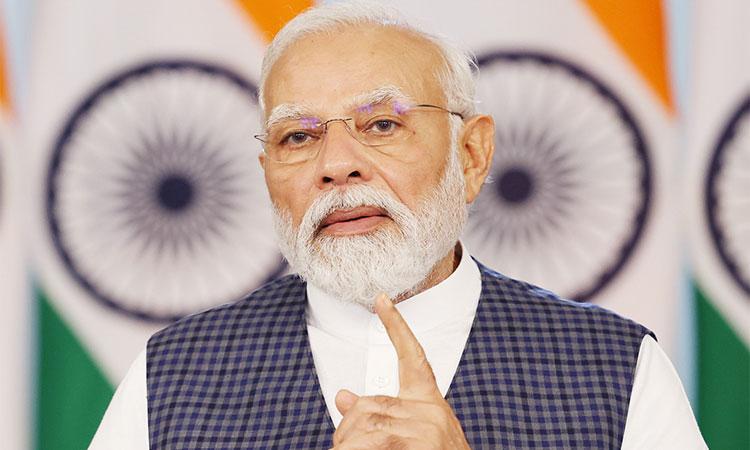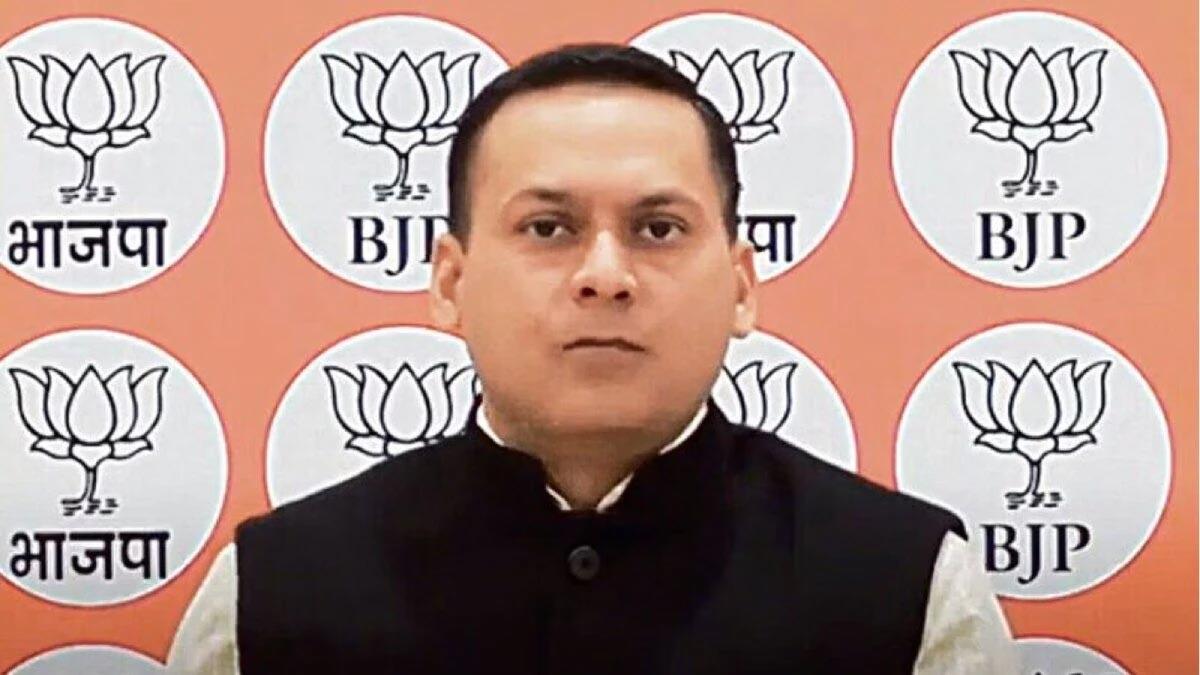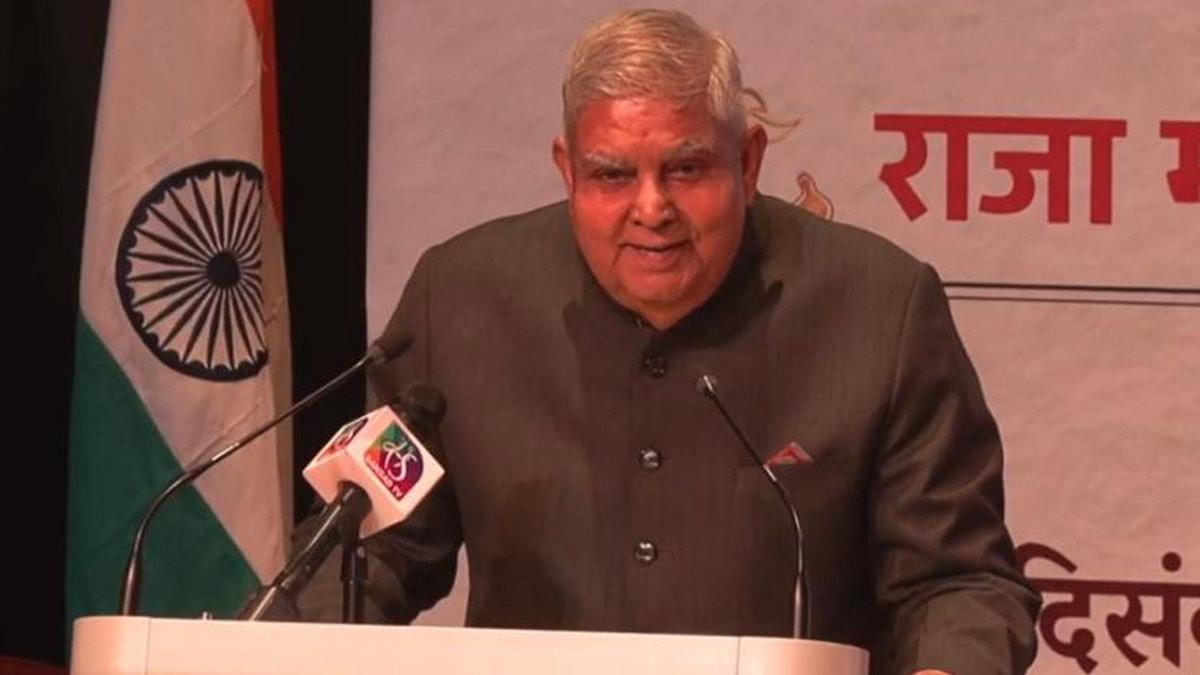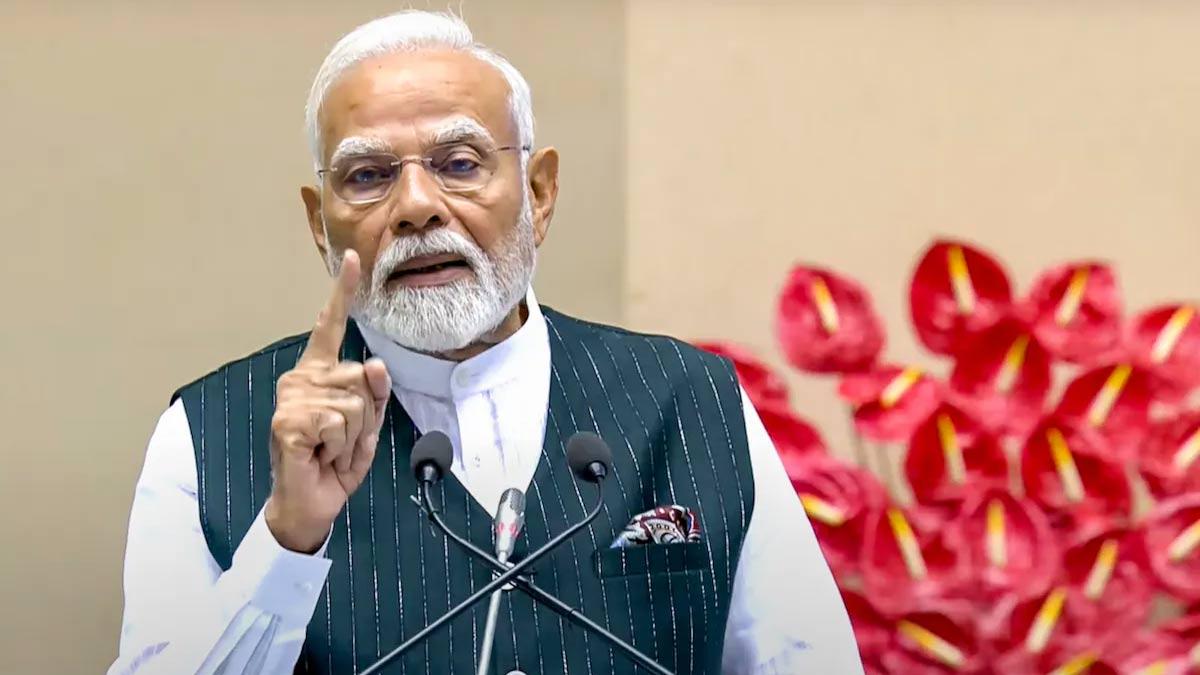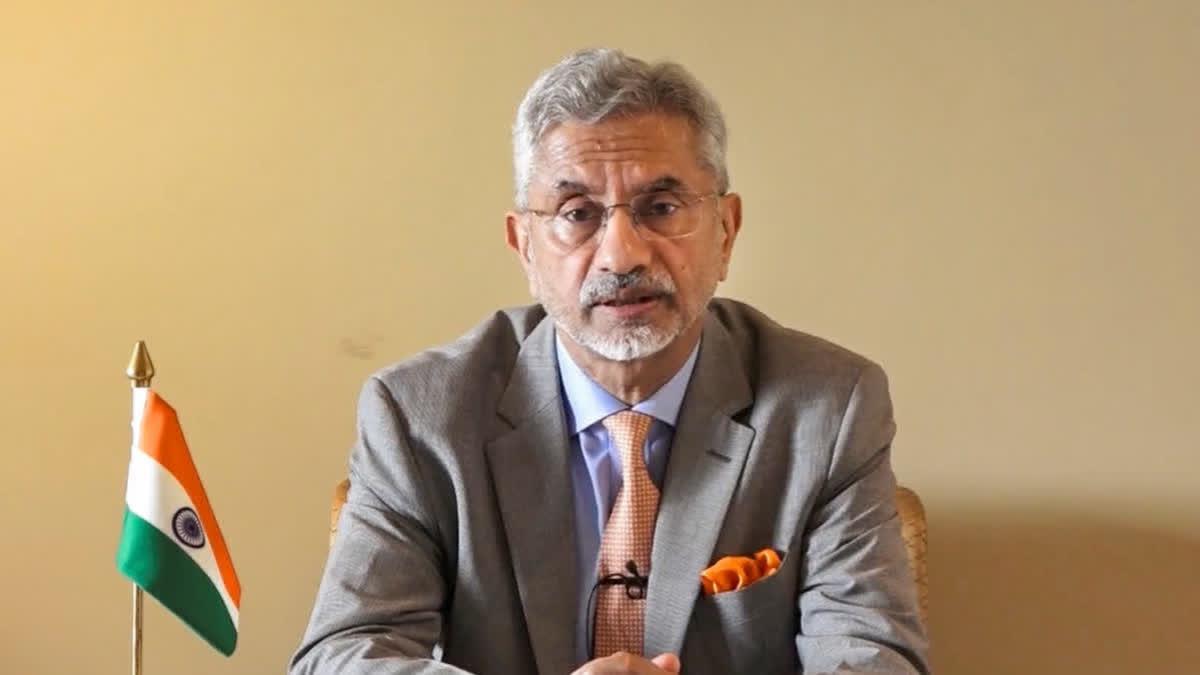Prime Minister Narendra Modi has asserted that India will be a developed country by 2047. In an exclusive interview to news agency PTI, the prime minister said that Indian economy will be more inclusive by that time, adding corruption, casteism and communalism will cease to exist in "our national life".
"By 2047, I am sure that our country will be among the developed countries," PM Modi said.
"Our economy will be even more inclusive and innovative. Our poor people will comprehensively win the battle against poverty. Health, education and social sector outcomes will be among the best in the world," he added.
"Corruption, casteism and communalism will have no place in our national life. The quality of life of our people will be at par with the best countries of the world," PM Modi further said.
PM Modi rejects objections of Pakistan, China on G20 meets in Kashmir, Arunachal
Prime Minister Narendra Modi firmly dismissed the objections raised by Pakistan and China regarding the hosting of G20 meetings in Jammu and Kashmir. He asserted that India is entirely justified to convene such gatherings across its territory.
"Such a question would be valid if we had refrained from conducting meetings in those venues. Ours is such a vast, beautiful and diverse nation. When G20 meetings are happening, isn’t it natural that meetings will be held in every part of our country", PM Modi said.
PM Modi calls for UN reforms
PM Modi emphasized that the world cannot rely on a mid-20th-century approach to address the challenges of the 21st century. He called for a significant overhaul of the United Nations to better reflect the evolving global landscape and ensure meaningful representation of influential voices.Modi expressed his conviction that the G20 is among the institutions that hold promise for many nations seeking tangible results, regardless of their origin. He stressed the global appetite for action and outcomes from various sources.
India, in its current role as the G20's president, is gearing up to host the annual summit of this influential assembly in New Delhi on September 9 and 10, underscoring its commitment to advancing international cooperation and addressing contemporary issues.
"Today's world is a multipolar world where institutions are extremely important for a rules-based order that is fair and sensitive to all concerns. However, institutions can retain relevance only when they change with the times," the prime minister said.
"A mid-20th century approach cannot serve the world in the 21st century. So, our international institutions need to recognise changing realities, expand their decision-making forums, relook at their priorities and ensure representation of voices that matter,
"When this is not done on time, then smaller or regional forums begin to attain more importance," he added.
Read also| G20 summit: 311 apps, 12,000 workers & 95 machines used to clean Delhi, says MCD Mayor
Read also| Rishi Sunak rules out a quick-fix trade deal with India

